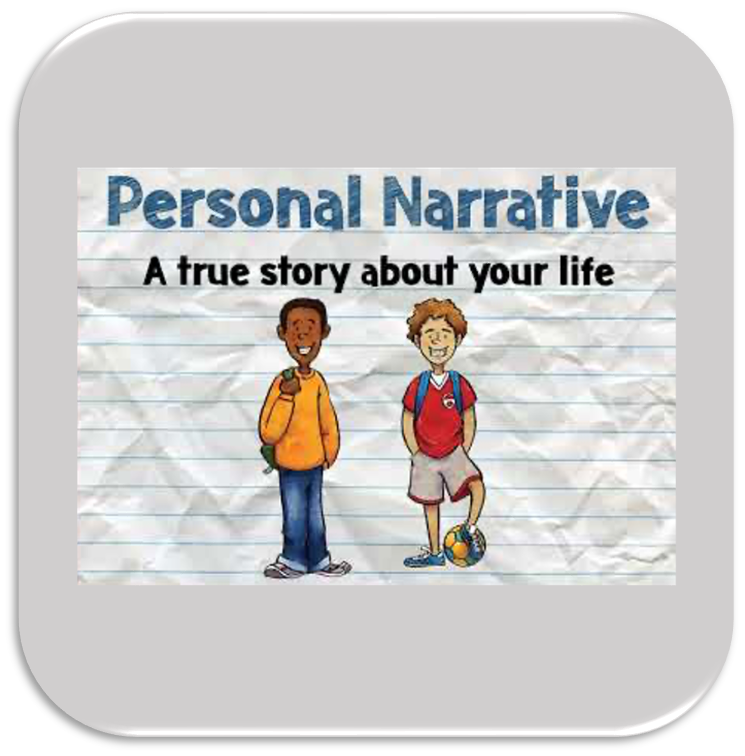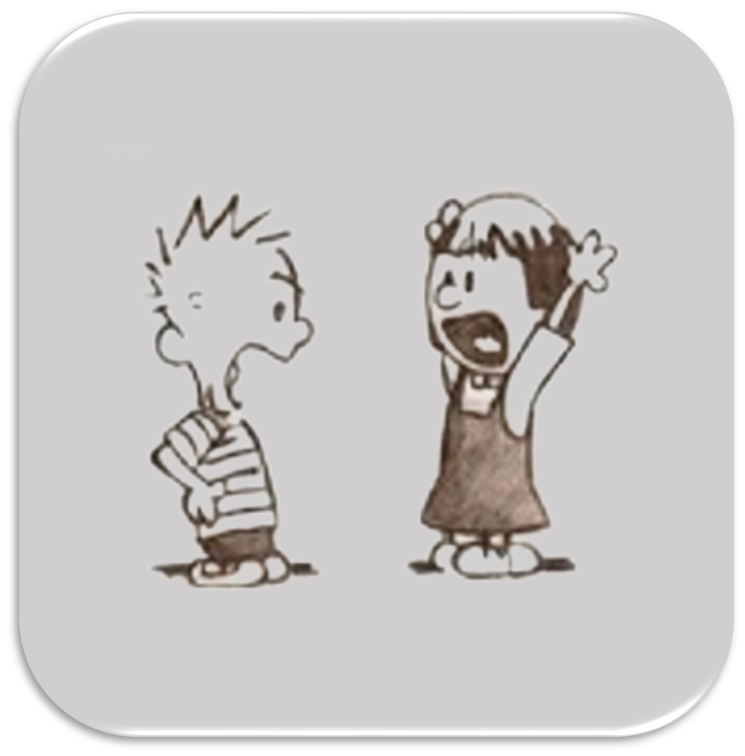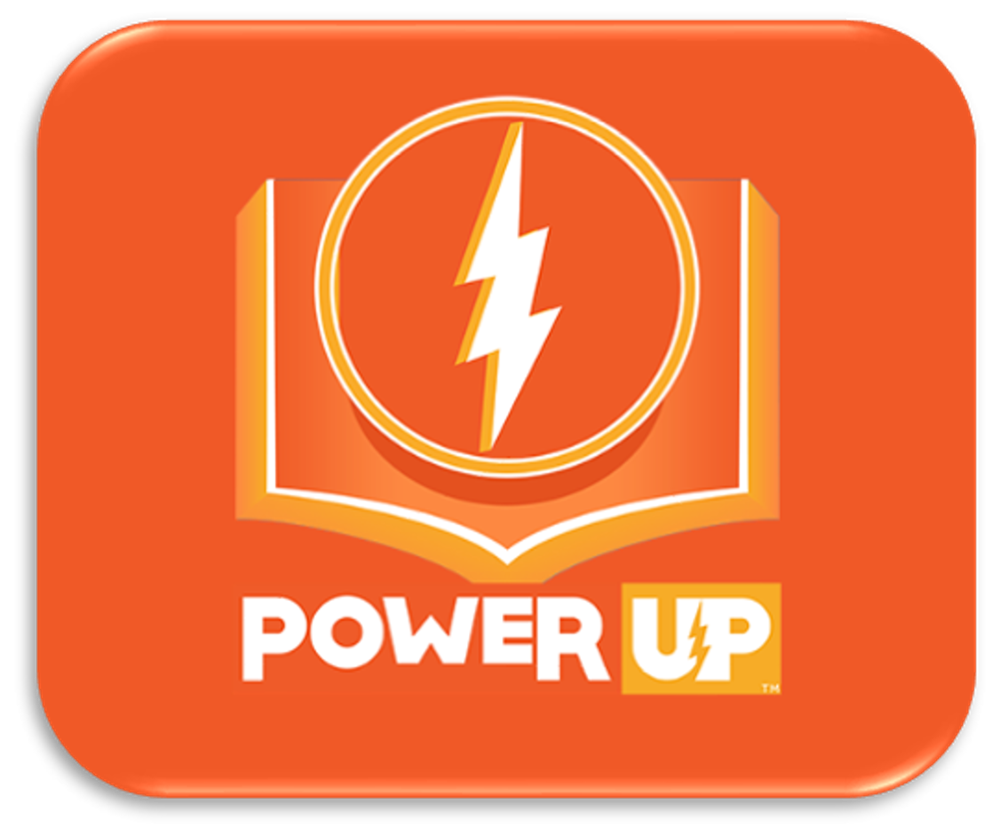- School District of Beloit
- 6th Grade - Literacy & Language Arts
6th Grade - Literacy & Language Arts
-
The School District of Beloit literacy curricula are highly rated and aligned to Wisconsin state English Language Arts standards. Our vision for literacy learning is to build strong reading foundational skills and grade-level understandings for all students through culturally relevant and responsive instructional practices, strategies, and resources to meet each learner's language and literacy needs. Through rigorous and engaging instruction in the domains of reading, writing, speaking, listening, and thinking, we will develop students' language abilities so that they can analyze, interpret, summarize, and synthesize information from multiple sources and perspectives to make meaning of the complex world around them. By nurturing strong home, school, and community literacy partnerships, the School District of Beloit’s literacy programs will nurture the joy of reading and a strong, lifelong literacy identity within each learner so that they may excel in their pursuit of college, career, and community opportunities.
6th Grade Literacy & Language Arts Units
-

Unit 1 - Personal Narrative
This unit guides students through the art of storytelling while exploring the theme of change. By reading model narratives, students will identify possible biases, the point of view, and explain how it is developed and conveys meaning in diverse texts. Students will explain how an author's geographic location, identity, and/or culture affect perspective. Students will create and organize writing that introduces a topic, ideas, concepts and information.
-

Unit 2 - Literary Analysis
The unit begins with students analyzing how internal and external forces cause characters and people to change by reading a novel with multiple characters and conflicts. Students record textual evidence to support analysis about character, plot, subplot, and setting. At the end of the novel, students collaboratively discuss their ideas from their extended close reading and analysis of the novel, which prepares them to write a literary analysis essay.
-

Unit 3 - Informative Essay
This unit guides students in building the skills necessary for writing an informational essay that integrates various sources. Students will cite textual evidence to support an analysis of what the text says explicitly/implicitly and make logical references. They will practice the crucial skills of conducting research to compare and contrast different authors' presentations on a similar topic and by writing with clear development and organization. Students will integrate information and demonstrate understanding of a topic by writing an informational essay that explains how animals can positively change the lives of humans.
-

Unit 4 - Argumentative Writing
This unit builds on students' exposure to debatable topics and their understanding of argument by guiding them to write their own argumentative letter. Students analyze the characteristics of written argument, including structure, organization, and style. They are introduced to the rhetorical appeals of logos and pathos and practice citing evidence from research sources in order to avoid plagiarism. After responding to an argumentative writing prompt in a timed writing situation, students learn techniques for crafting effective argumentative introductions and conclusions and practice revising for coherence. Students are ready to apply these skills when writing an argumentative letter to convince an audience to support a position on a topic they truly care about for Embedded Assessment 2.
By the end of 6th Grade, students will...
-
- summarize the key ideas of an article about the pros and cons of an issue.
- plan an argument about an issue by writing reasons and evidence that supports a position.
- present a position on the controversy in a debate using evidence from research and contributing ideas clearly and responding to others' ideas.
- write an informative response to a novel.
- explain how internal or external forces cause one character from the novel to grow or change.
- discuss how plot, setting, character, or conflict contribute to one of the novel’s themes.
- explore the positive and negative connotations of the word change, and write an organized paragraph about different types of change.
- closely read and analyze an autobiographical text about how animals can help people, citing text evidence to support analysis and inferences.
- write a multi-paragraph essay explaining how people can improve their lives through observing and interacting with animals.
- gather evidence.
- form questions.
- refocus inquiry.
- evaluate sources.
- sequence reasons and evidence to support a claim.
- transition between talking points and respond to others’ ideas by contributing new support or elaborating.
- demonstrate command of formal English writing and speaking.
- write a letter with a clear claim, supported by compelling reasons, evidence, and commentary.
- use relevant facts, details, quotes, and/or paraphrases, and rhetorical appeals (pathos, logos).



